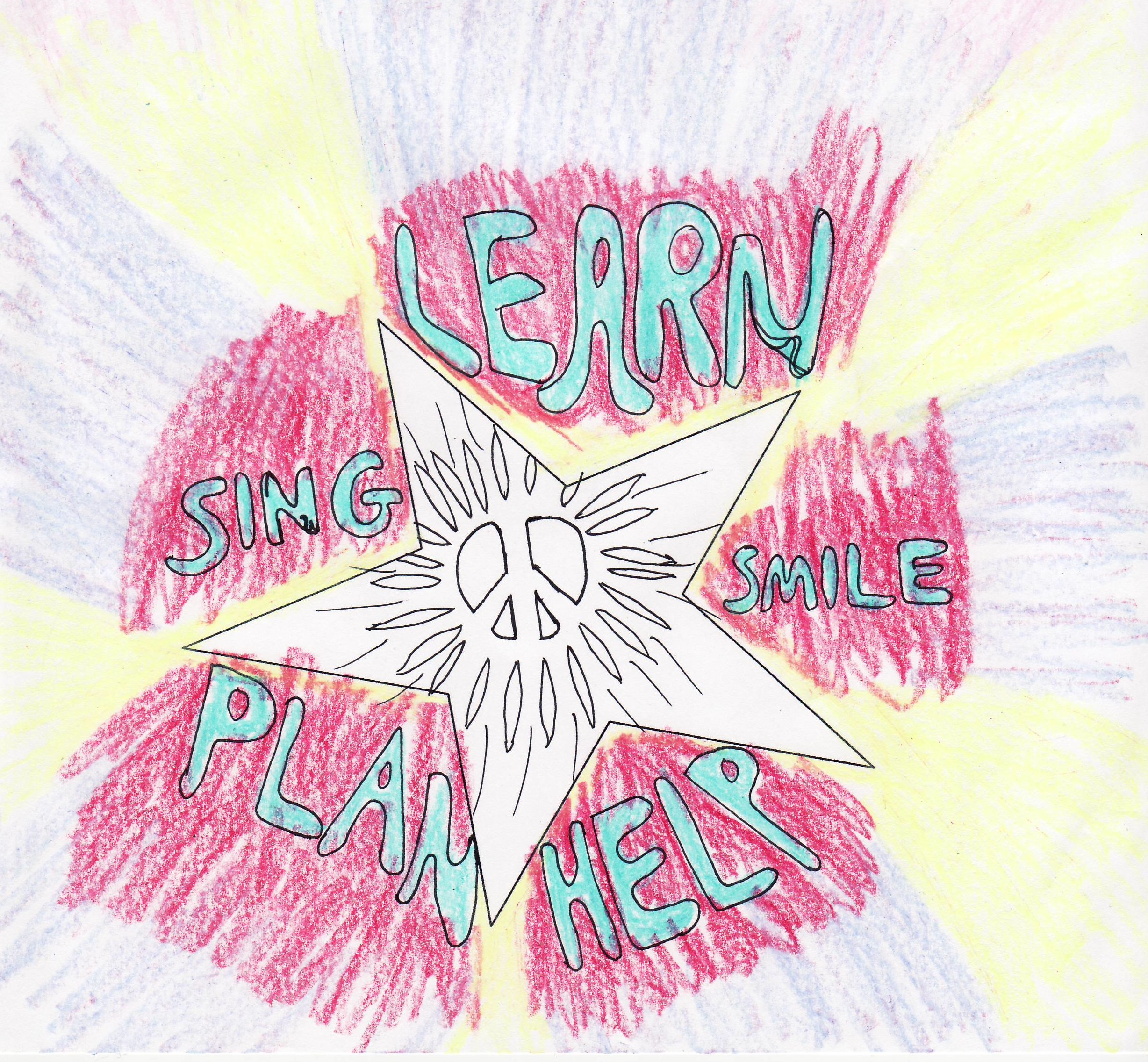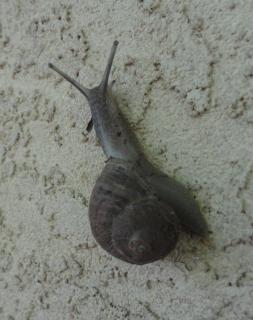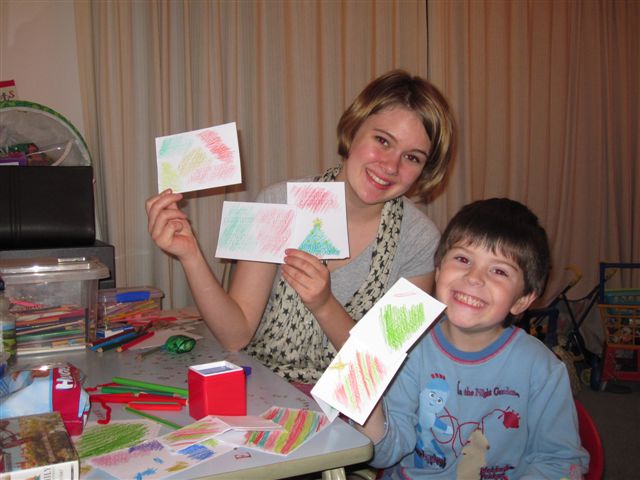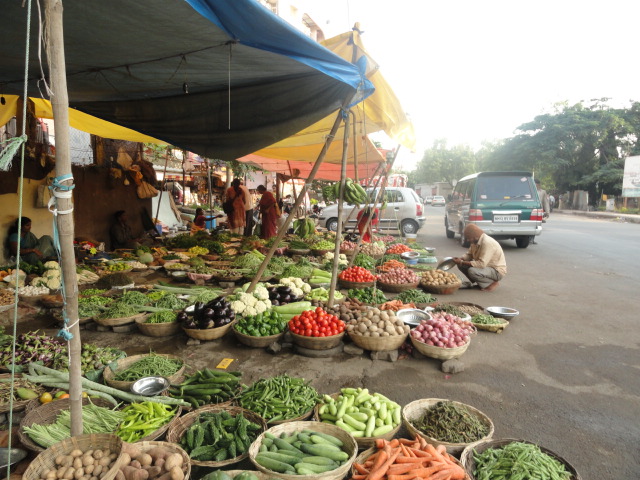When I was in first grade I decided I wanted to be a teacher.
All through school I paid attention to what teachers did and how, and why (when I could figure that out, which was pretty often). And I asked the other kids what they liked about teachers and what they didn’t. So I learned LOTS and lots about how learning works and what factors work for different kinds of people.
When I was older, 13/14 or so, I wanted to become a missionary (still teaching-related), or to work at a magazine. And it seems all those rolled together are what I’ve become. I write, and I help people have happier more peaceful lives, and it’s all about learning. So in a natural-learning way I’ve been working up to this always.
I wrote the above in an online exchange for
Mothering Magazine in 2007.
Recently, I remembered another writing-related profession I had seriously considered for a short while in my late 20's. I had read that the Hallmark Cards company was hiring writers, in Kansas City. I thought I could do that! I knew nothing about Kansas City, and decided I didn't want to move, but while I thought about applying, writing mushy or funny or inspiring words to go with an image sounded easy and fun.
When this blog was already ten years old, I remembered the greeting-card thoughts, and saw that
Just Add Light and Stir is much like a greeting-card collection. Some are
funny, or
mushy, and many are
inspiring. Some are
seasonal, and some are about
babies. With over 4,680 posts, I guess I have inadvertently written some greeting cards.
The top section was originally published in 2021, with a video. The permission to use that video was forgotten about and the organizer said no, when I reminded her. That post said "...with over 4,000 posts" but today there are 4,687. Thank you for reading.
Just Add Light and Stir on my site
The snowglobe image above was by an artist at Fiverr in 2017.







